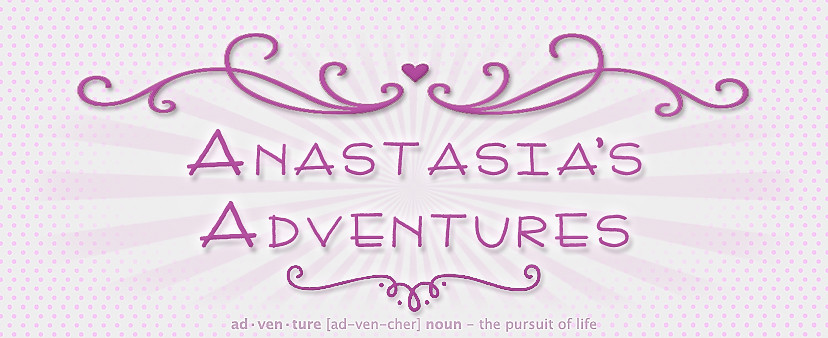It seems to me like the kind of thing that your English teacher, or your parents would tell you before you left the state to pursue higher education. But then again, it also seems to me that you parents wouldn't let you make it out of Kindergarten before telling you that the sleeves on a shirt are not called "arm-sleeves"! (pant legs, arm-sleeves it made sense to me)
What follows is my edited (read: stolen and chopped up) version of what yinz would find over on Wikkipedia
need, like, or want + past participle
Examples:
“The car needs washed”; “Babies like cuddled”; “The cat wants petted.”
The Right Way:
“Babies like cuddling” or “Babies like to be cuddled”; “”The car needs washing” or “The car needs to be washed”; and “The cat wants petting” or “The cat wants to be petted.”
Useless Facts:
Need + past participle is the most common construction, followed by want, and then like. The forms are "implicationally related" to one another. Put another way, the existence of the least common construction implies the necessary existence of the two more common constructions, but the existence of the most common construction does not necessarily entail existence of the two less common constructions.
Origins:
like and need + past participle are Scots-Irish, want + past participle could be from Scots-Irish or German, but it seems likely that this construction is Scots-Irish.
The distributions of all three constructions are implicationally related, the area where they are predominantly found is most heavily influenced by Scots-Irish.
(Murray, Frazer and Simon 1996; Tenny 1998; McElhinny 1999; Murray and Simon 1999; Montgomery 2001; Johnstone, Bhasin and Wittkofski 2002; Murray and Simon 2002; Wisnosky 2003; Johnstone and Baumgardt 2004; Johnstone, Andrus and Danielson 2006; Crozier 1984).
Look at me gettin' all fancy with sources n'at.

3 comments:
I never say "to be".
I didn't realize until this past year (my senior year of college) until my roommate said, "you know, for such a good writer, i'm surprised you have such terrible grammar"
... i still have terrible grammar and drop out the "to be" all the time.
You honestly didn't know to use "to be?" Wow.
It's called Pittsburghese it's a valid dialect of American English!!! I'm not some sort of Illiterate freak :)
Post a Comment